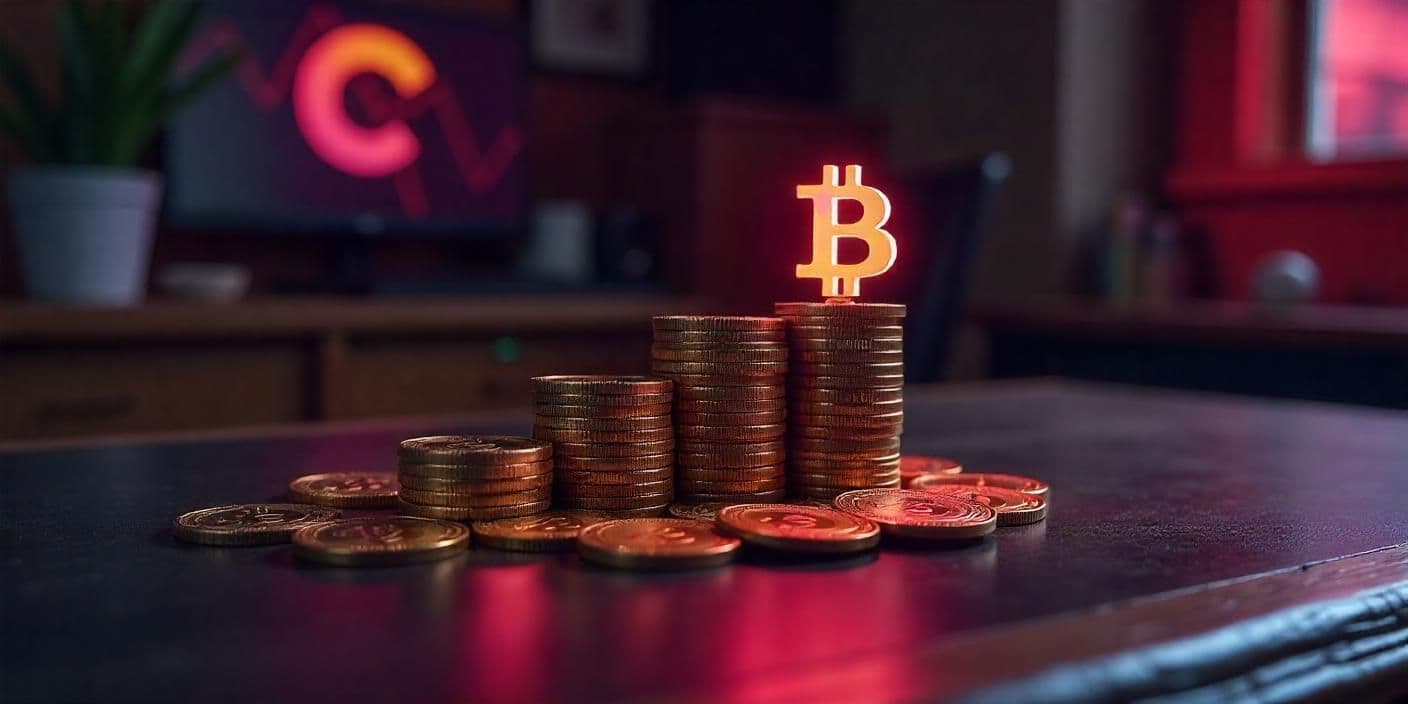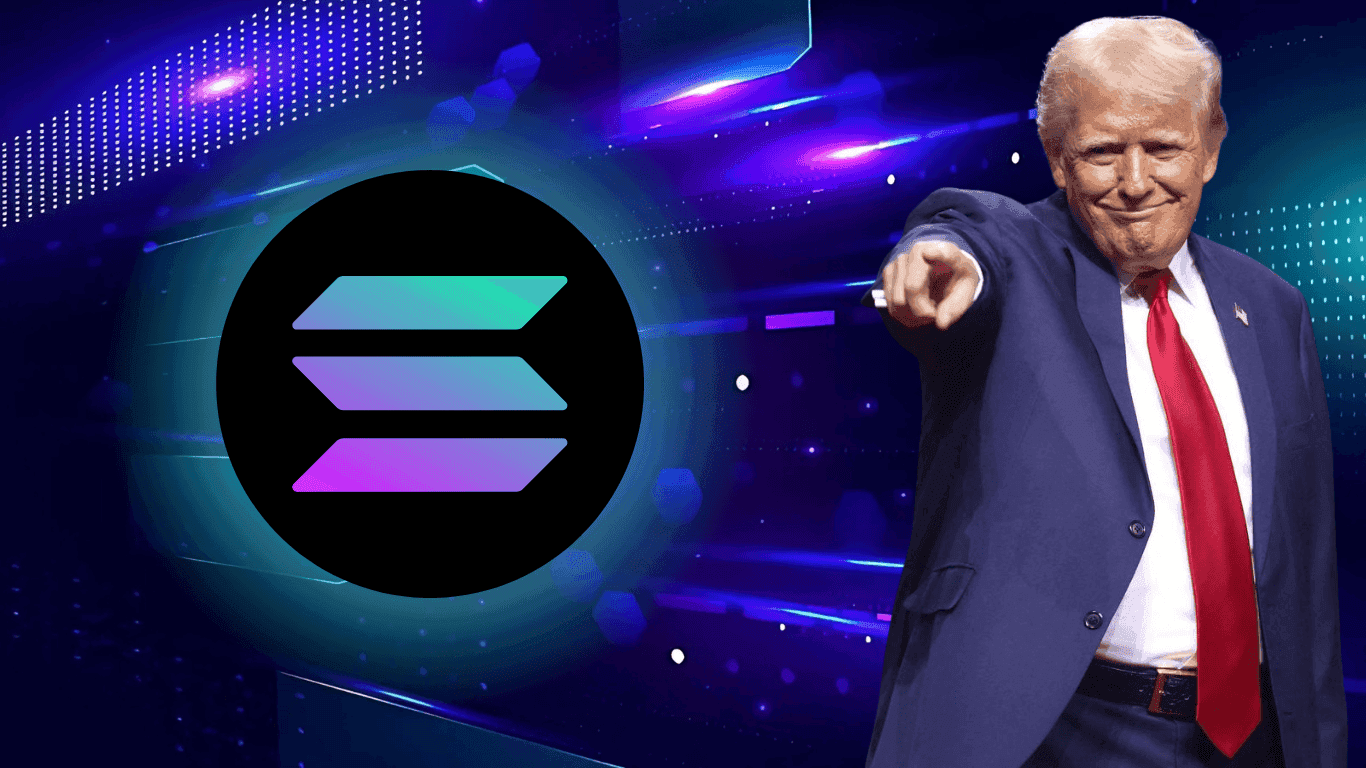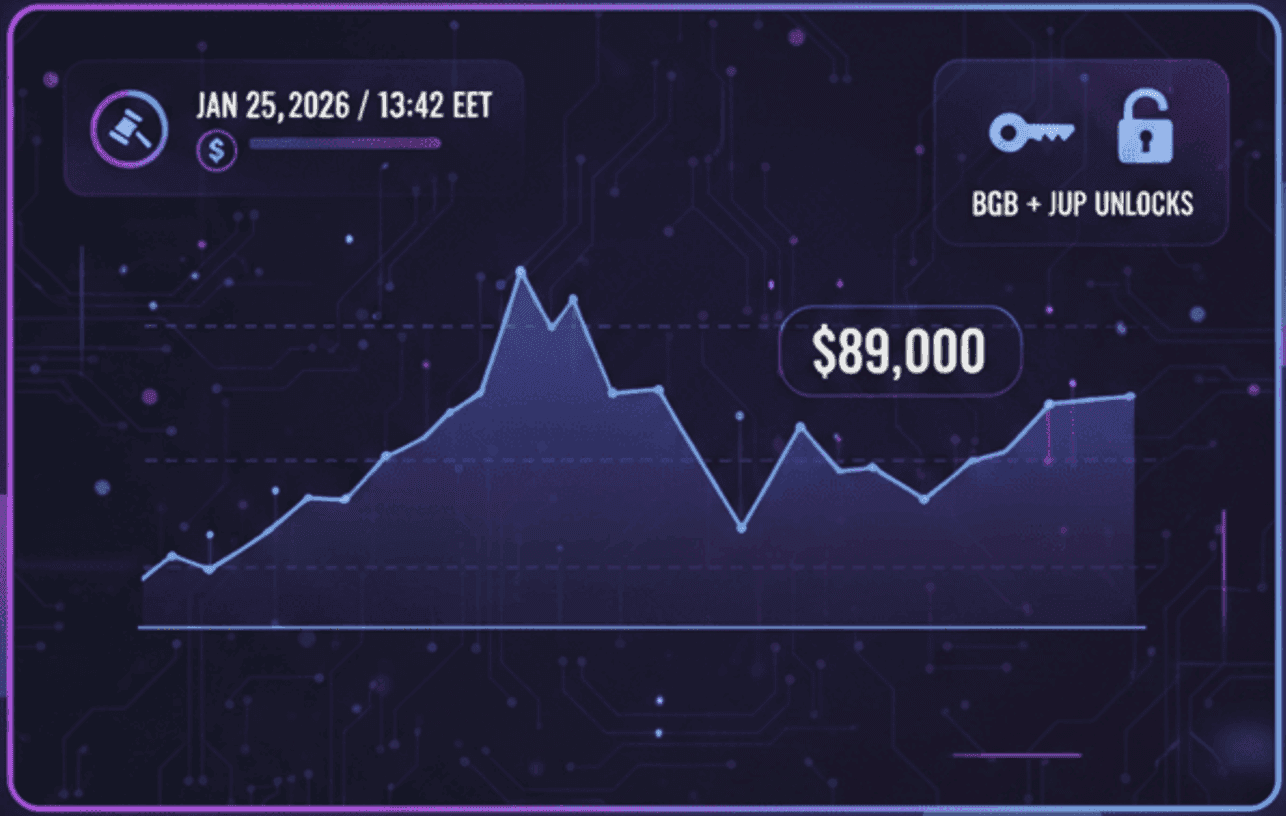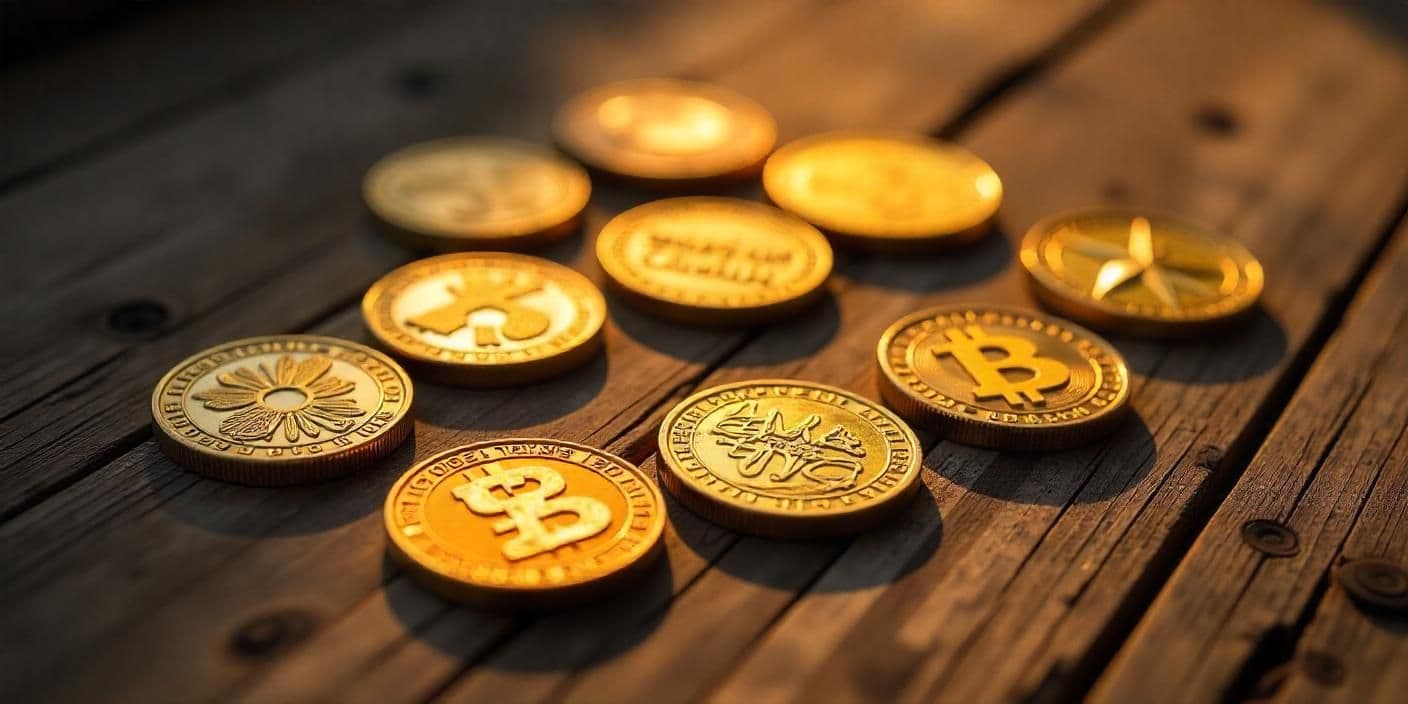Big Solana News: SEC May Drop Solana Security Claim in Binance Case
The SEC might be backing away from its claim that Solana is a security in the ongoing Binance lawsuit.

In a surprising twist, the SEC is considering dropping its claim that Solana should be classified as a security in its lawsuit against Binance. This potential change could have significant implications for both Solana and the broader cryptocurrency market. In this article, we’ll explore what this could mean for Solana’s future, how it might impact the Binance case, and what it could reveal about the SEC’s approach to cryptocurrency regulation.
SEC Could Drop Solana Security Claim in Binance Lawsuit
Solana, Cardano, and Polygon might find a temporary reprieve as the SEC looks to pause its assertion that these cryptocurrencies are unregistered securities in its lawsuit against Binance, based on a recent court filing.
In a joint status report submitted early Tuesday, the SEC proposed revising its lawsuit to delay addressing the claims against these “third-party crypto assets.” This move would avoid an immediate court decision on whether these tokens qualify as unregistered securities.
However, this does not mean that SOL, ADA, and MATIC are entirely free from scrutiny. The SEC’s proposal to defer these allegations simply means that the court will not need to make a judgment on them at this time. In essence, the SEC is choosing to put this issue on hold rather than dismissing it altogether.
The judge presiding over the case may still need to determine whether tokens like SOL, ADA, and MATIC, along with several others, meet the criteria to be classified as securities.
In its initial complaint, the SEC also alleged that Filecoin (FIL), Cosmos (ATOM), The Sandbox (SAND), Decentraland (MANA), Algorand (ALGO), Axie Infinity (AXS), and Coti (COTI) should be considered unregistered securities.
The lawsuit, filed in June 2023, brought 13 charges against Binance and its CEO, Changpeng Zhao. These charges included accusations of mismanaging customer funds and attempting to circumvent U.S. securities regulations through deceptive practices.
Recently, the judge approved Binance's request to dismiss charges related to secondary sales of Binance's BNB token and its Simple Earn program. However, other allegations, including those concerning Binance's U.S. subsidiary, Binance.US, will continue to be addressed.
What this could mean for Solana’s future?
The SEC's proposal to delay its claim that Solana, Cardano, and Polygon are unregistered securities could have significant implications for Solana's future. For Solana, this temporary reprieve might provide some relief and stability, allowing the project to focus on its development and adoption without the immediate threat of regulatory classification.
However, it’s important to note that the underlying issue has not been resolved, and the SEC may revisit these allegations later, which could still pose risks for Solana’s long-term prospects.
In terms of the Binance case, this development suggests that the legal battle could become more focused. By postponing decisions on certain tokens, the SEC may be attempting to streamline the case and address more immediate concerns.
This strategy could potentially impact Binance’s defense and regulatory strategy, as it may shift the spotlight to other aspects of the lawsuit, such as alleged mishandling of customer funds and regulatory evasion.
The SEC’s approach also reveals a cautious but strategic stance towards cryptocurrency regulation. The decision to delay rather than dismiss the allegations reflects a broader regulatory strategy that seeks to manage the complexities of the crypto market without making hasty determinations.
This indicates that the SEC is navigating a nuanced path in its regulatory framework, balancing enforcement actions with the need for comprehensive and fair evaluation of emerging digital assets. The outcome of this case could set important precedents for how regulatory bodies address cryptocurrency classifications and enforcement in the future.




























